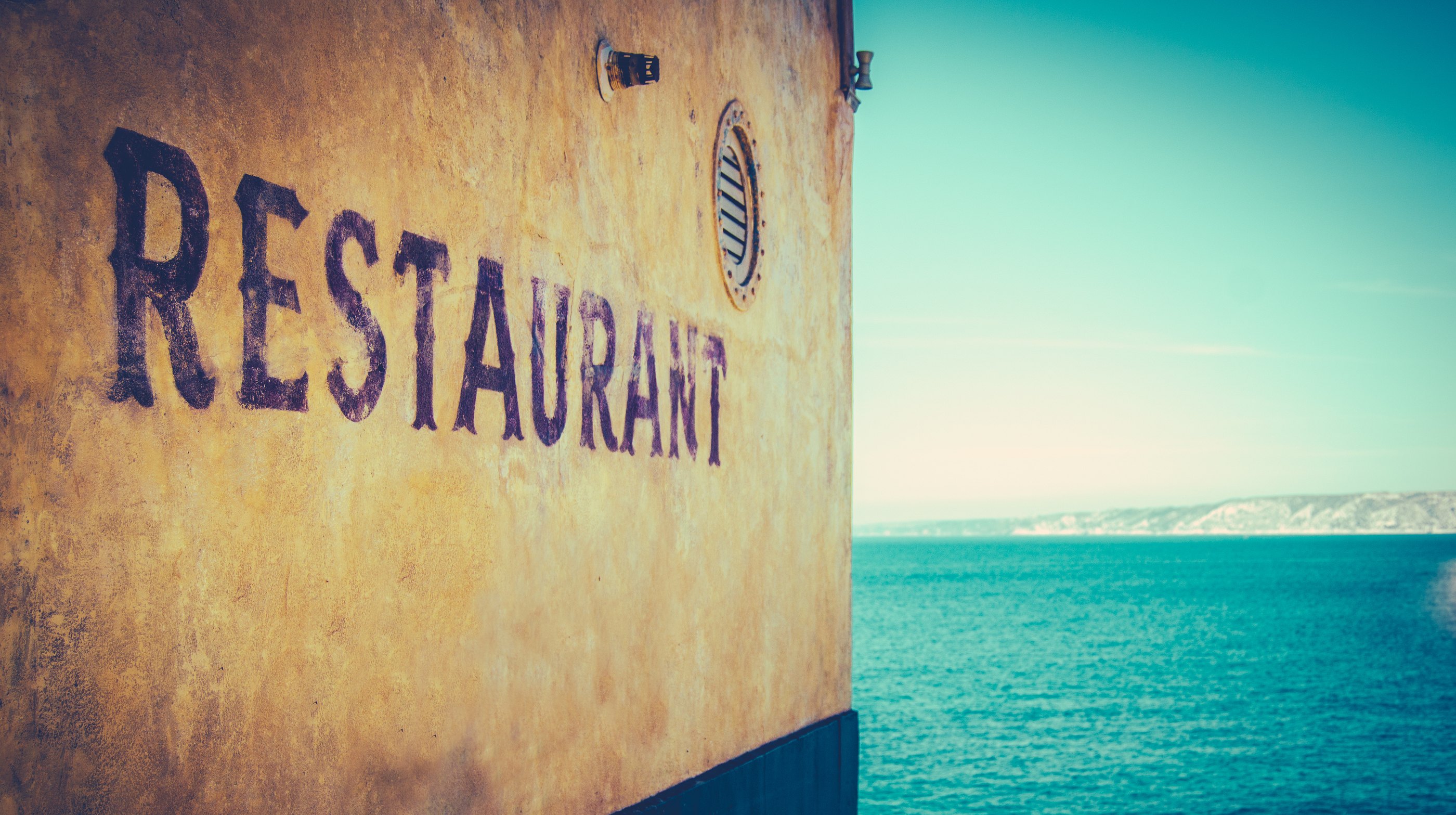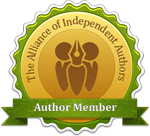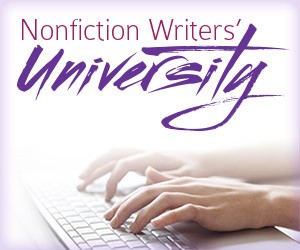
Following on from last week’s post, find calm equilibrium with these nutritional tips for stressed out creatives.
Writers and artists aren’t necessarily known for their healthy dietary habits. Honore de Balzac famously consumed as many as 50 cups of coffee every day. Andy Warhol was equally hooked on sugar. Alice B. Toklas published a recipe for hashish fudge. While Edvard Munch enjoyed absinthe in Paris so much he created a painting he called ‘The Absinthe Drinkers’ but later renamed it, ‘Une Confession’.
Truman Capote would supposedly only write with a glass of sherry in one hand and a pencil in another. In a 1957 Paris Review interview, he said: “I am a completely horizontal author. I can’t think unless I’m lying down, either in bed or stretched on a couch and with a cigarette and coffee handy. I’ve got to be puffing and sipping. As the afternoon wears on, I shift from coffee to mint tea to sherry to martinis.”
Virginia Woolf however — being a touch more mindful and wise — said that: “One cannot think well, love well, sleep well, if one has not dined well.” Beyond coffee, sugar and martinis — and for something a little more nourishing — here’s what to eat to stay calm when things are stressful. You may also enjoy Food for Thought: What to Eat Before a Creative Project.
What to Eat to Keep Calm

What you eat has a huge effect on creativity and mood, and is a powerful way to alter how you feel and respond to stress, also effecting your ability to stay calm. To create with more ease your body needs optimum levels of nutrients, especially brain-boosting nutrients like the B Vitamin Choline (more detail in this post).
To stay calm when things are stressful — and rebalance the nutrients lost in coping with that stress — the mineral magnesium is vital for relaxing your muscles, your mind too, and essential for nerve cells to communicate with each other.
“If you are deficient [in magnesium], the messages passed between nerve cells using neurotransmitters become excessively ‘loud’ and can cause more extreme emotional reactions, including moodiness and agitation,”says leading nutritional consultant and author, Ian Marber.
“Your body also uses specific nutrients, such as vitamins A, B5, C and E, as well as the minerals selenium, magnesium and zinc to help cope with the effects of stress.” [Almost] every writer loves a good cup of Joe but this can deplete these nutrients. “Drinking caffeinated drinks all day, which deplete vital nutrients such as magnesium and vitamin B5, magnifies this further.”
Ease Stress and Find Calm with These Nutritional Tips:
-
Eat foods with a high magnesium content, including: tahini, sunflower seeds, soya beans and dark-green leafy vegetables.
-
Vitamin B-rich foods such as, green vegetables, brown rice, lentils and soya beans, lessen the effects of any stress.
-
Green tea, though it does contain caffeine, also contains the phytochemical, l-theanine, which is incredibly calming without making you feel drowsy.
-
Complex carbohydrates have a soothing effect on the nervous system. Some research shows that they boost insulin levels, so the amino acid tryptophan enters the brain, where it’s converted into serotonin, having a calming effect on your whole being.
-
Lettuce has a long reputation for calm due to an opium-related substance combined with traces of the anti-cramping agent hyoscyarnin.
-
Ensure you eat food in its most natural state possible, with a colourful diet including plenty of fresh fruit and vegetables, and drink 1-2litres filtered water/day, and it’ll keep you chilled as a cucumber.

If you find yourself feeling regularly stressed-out — no matter the season — support your adrenal glands increasing your intake of vitamin C. “Snacking on vitamin C-rich foods, such as strawberries, will also help support the adrenal glands and strengthen the immune system,” adds Ian Marber.
Other offerings from The Juice Bar…
Food for Thought: What to eat Before a Creative Project and Eating for Energy: Nutritional Tips to Keep You [& Your Writing] Full of Energy.
You may enjoy these tools for instant calm or nourishing ways to relax at the end of your writing day.





Indeed the worst thing to happen to any writer is to be in a bad mood. And I totally agreed with you that eating the right food, especially vegetables and fruits will go a long way to providing the right mood and motivation to write good articles.